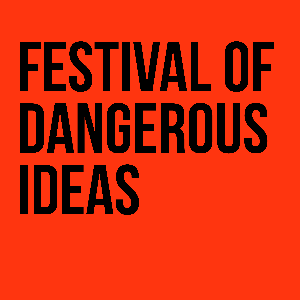A century and a half ago, one out of every five Americans lived on a farm. Today, it's closer to one out of every fifty, even though the population has increased more than tenfold. The industrial-scale farm and livestock business that we depend on today feeds hundreds of millions every day, but at what cost?
In this episode of Point of Inquiry, Jim speaks with investigative journalist and author Will Potter, whose book Little Red Barns: Hiding the Truth from Farm to Fable uncovers some disturbing truths about the conditions under which our food is produced. Worse yet, the book describes the systematic campaign by food producers to cover up its abuses, a spin a false narrative about how our groceries get to our tables.
Will Potter is an award-winning investigative journalist whose work has focused on social justice and environmental movements, and attacks on civil rights post-9/11. His other book is Green Is the New Red: An Insider's Account of a Social Movement Under Siege.




































